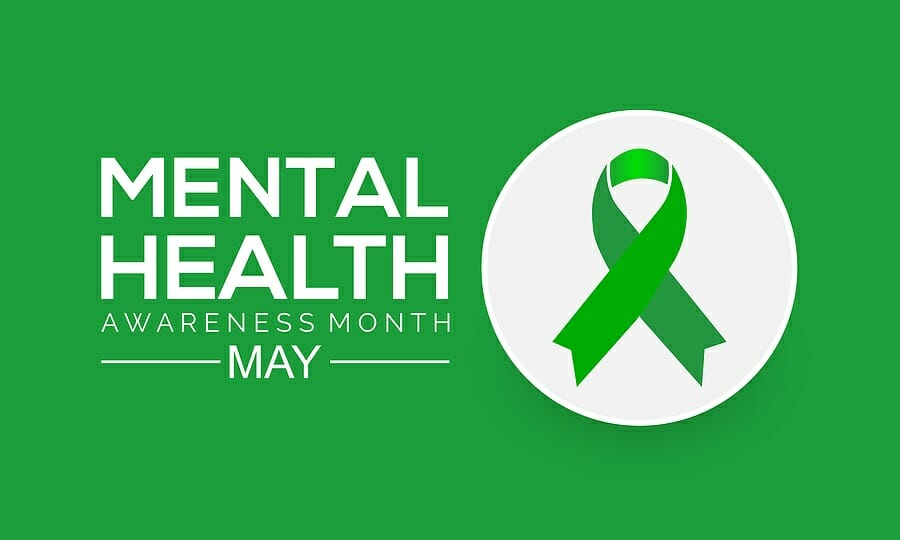
The Wonders of Canine Love
Allen liked to stick to himself. And when he interacted with people, he was usually pretty irritable and hard to be around.
But when he interacted with Chico, a new side of Allen took over—smiling, talking, happy.
That’s what a dog can do.
Chico is a friendly Golden Retriever—and the first dog in DLC’s re-launched Pet Therapy program. Allen is an older gentleman who was on DLC’s detox unit, and staff was having trouble breaking through his hard shell . . . until Chico showed up.
DLC has been partnering with PAWS Assistance Dogs in Naples since 2012, with a brief hiatus from April 2017 to June 2018.
Dayana Thomas, an RN who has overseen Pet Therapy at DLC from the beginning, says the program “was sorely missed by clients and staff alike. We look forward to the dogs coming just as much as our clients do!” When the program returned earlier this year, there was much high-fiving and tail-wagging all around.
Thomas works closely with Jeannie Bates, Founder and Executive Director of PAWS, which provides highly skilled service or assistance dogs to wounded veterans and children with severe disabilities. While in training, the dogs also serve clients—like those at DLC—who simply need the kind of unconditional love that only a dog can provide.
The dogs often open the door to conversation—and healing—for children and adults who wrestle with difficult struggles . . . people like Allen who, after meeting Chico, started talking about his own childhood pets. It was a huge step toward Allen’s healing process.
“That’s one of the things Pet Therapy does for our clients,” says Thomas. “It takes them back to better days and helps those that are missing their own pets at home. For many, it brings a moment of home, past and present, into the unit. Others have found that having an animal to take care of helps them cope with anxiety and depression and have made plans to incorporate a pet into their lives as part of their treatment plan.
“There are just so many benefits to Pet Therapy, including decreased blood pressure and heart rate, as well as non-threatening/therapeutic touch. Plus, the presence of the animals generally serves to brighten the atmosphere, increases socialization, amusement, laughter, and play. These positive distractions may help to decrease people’s feelings of isolation or alienation. It’s a win-win intervention all around.”
The dogs that come to DLC are still in training to become full-time service dogs. PAWS, a not-for-profit organization, provides dogs at no cost to their recipients, thanks to the support of donors. DLC clients who participate in Pet Therapy are told that the dogs are still in training, and that they need to be handled in a way that promotes their progress as a Therapy Dog.
“That said,” explains Thomas, “we can’t treat the dogs the same way that we would our pets at home. The PAWS volunteer dog handlers are aware of the progress that the dog is making in their training and guides our clients to help train the dog in skills that they are currently working on. When the dog successfully achieves a directive, the client is allowed to give the dog a treat. It’s a rewarding experience, especially for the children.”
Nov 08, 2018 | Blog, News



